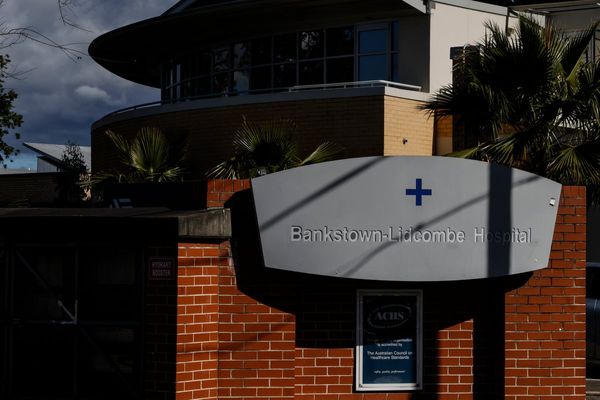U.S. stocks closed higher Thursday trading, while Treasury bond yields resumed their recent slide as investors heeded Federal Reserve Chairman Jerome Powell's warning that a near-term recession in the world's biggest economy is possible.
S&P Global's closely-watched PMI reading of economic activity added to that concern as it composite benchmark fell to 51.2 points, the lowest since January, and just over the 50 point mark that separates growth from contraction.
Speaking in front of the Senate Banking Committee on Capitol Hill yesterday, Powell reiterated that the Fed's inflation fight, which includes higher rates and a pullback in liquidity, isn't designed to "provoke' a recession, although he conceded that it was "certainly a possibility".
He also added that, despite the Fed's recent rate hike, which takes the central bank's target lending range to between 1.5% and 1.75%, as well as signaling further near-term moves to the upside, "further surprises could be in store." in terms of faster-than-expected inflation readings.
The grim assessment, even alongside assurances that the Fed can engineer a so-called 'soft landing' from its current challenges, has given investors even more reason to remain retrenched in risk-free markets amid the worst first-half start for U.S. equities since the early 1970s.
Global oil prices, for instance, are trading firmly lower again Thursday, with WTI crude futures for August delivery marked $2.06 south of yesterday's close to change hands at $104.13 per barrel, as markets react to the prosect of weakening near-term demand.
Benchmark 10-year Treasury bond yields slumped to 3.091% in overnight trading while 2-year notes were trading at 3.023%, a narrowing of the so-called yield curve that suggests bond investors are pricing in increasing recession risk.
That concern is also evident in the housing market, where mortgage rates are nearing 6%, the highest since 2008, and the pace of home buying is beginning to slump.
JPMorgan Chase (JPM), in fact, is is planning job cuts in its mortgage business amid the suddenly-cooling housing market. The move, first reported by Bloomberg, will see JPMorgan either laying off or redeploying around 1,000 people in its mortgage unit, citing "cyclical changes in the market."
“The S&P 500 Index is down 21% for the year, which would be the worst first half to any year since 1970,” said LPL Financial Chief Market Strategist Ryan Detrick. “As bad as that has been for investors, the good news is previous years that were down at least 15% at the midway point to the year saw the final six months higher every single time, with an average return of nearly 24%.”
In overseas markets, Europe's region-wide Stoxx 600 closed 0.72% lower in late-day Frankfurt trading following data from S&P Global showing factory activity fell to the lowest levels in two years. That modest gain followed a 0.25% bump for Asia's MSCI ex-Japan benchmark.
On Wall Street, the Dow Jones Industrial Average closed 194 points, or 0.64%m higher on the session while the S&P 500 gained 35.8 points, perhaps boosted by bets that slowing growth will lead to a pause in Fed rate hikes. The tech-focused Nasdaq gained 179 points, or 1.62%, as lower Treasury yields lifted growth stocks.
FedEx (FDX) shares were in focus in early trading ahead of the package delivery group's fourth quarter earnings after the closing bell.
FedEx, which has been under pressure from activist investors at D.E. Shaw Group following the retirement of founder and former CEO Fred Smith earlier this year, is expected to see its bottom line rise 37.1% from last year to $6.87 per share, with revenues up 8.6% to just over $24.5 billion.
Tesla (TSLA) shares, meanwhile, rose 0.7% following publication of an interview with CEO Elon Musk where he warned of billions in losses from his newly-opened factories in Texas and Berlin.
Nike (NKE) shares were higher, as well, after the sports apparel giant said will exit its business operations in Russia less than a week ahead of its fourth quarter earnings.







